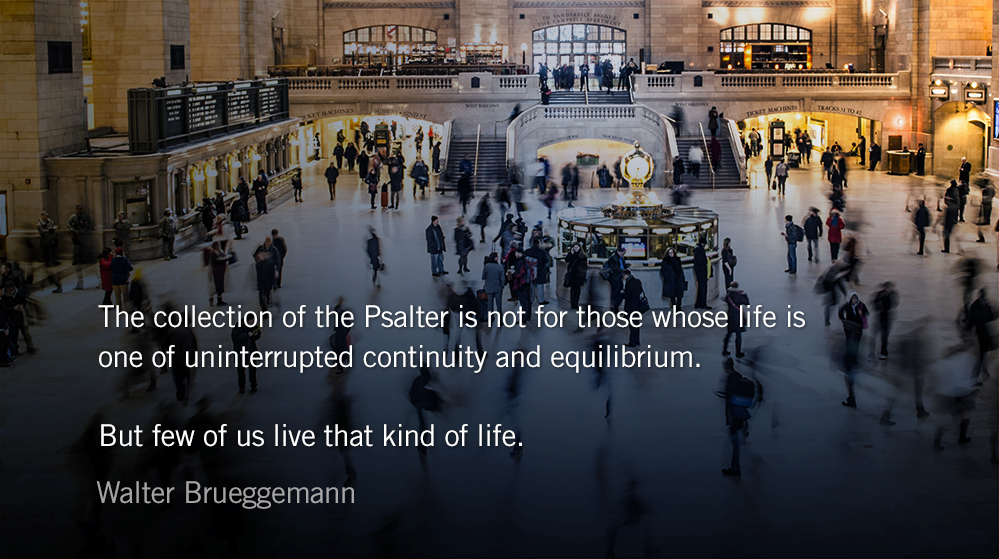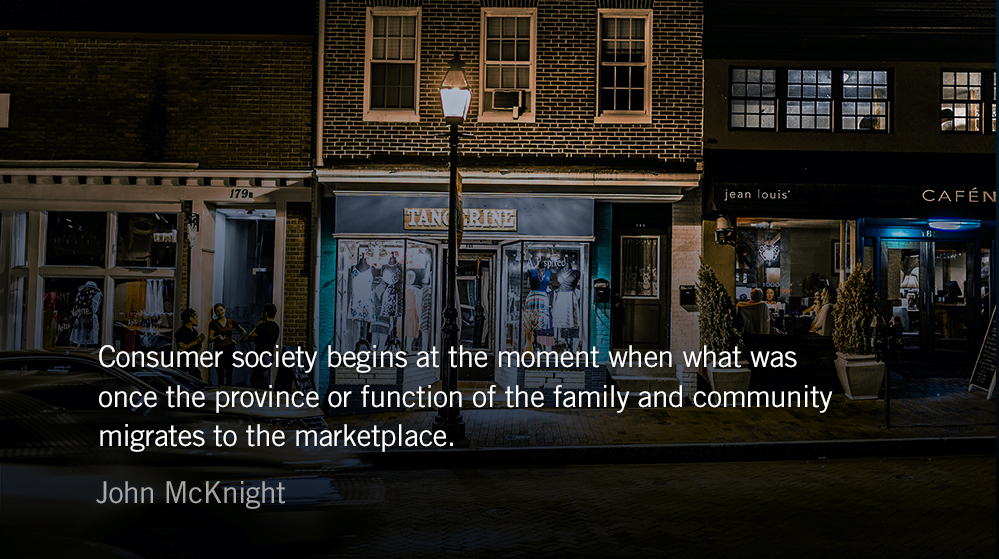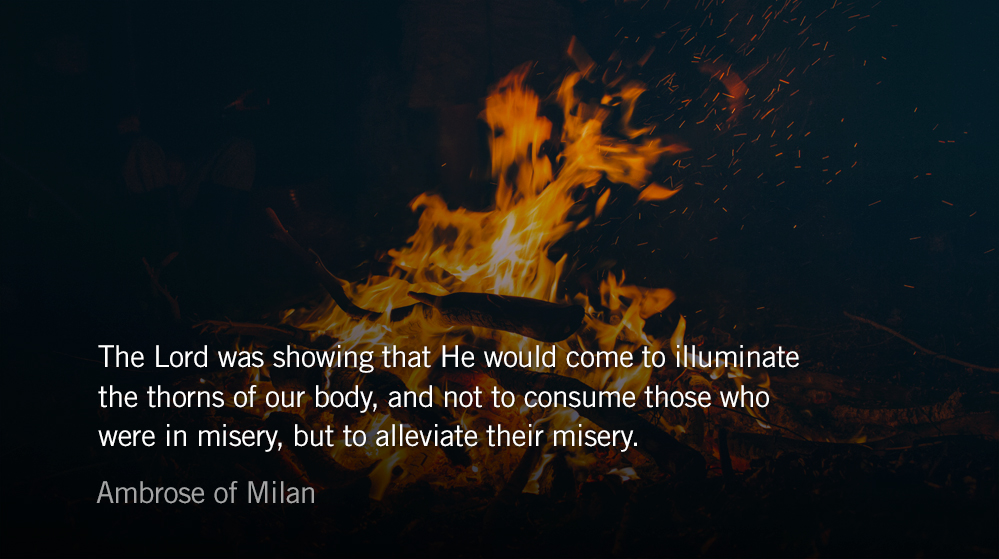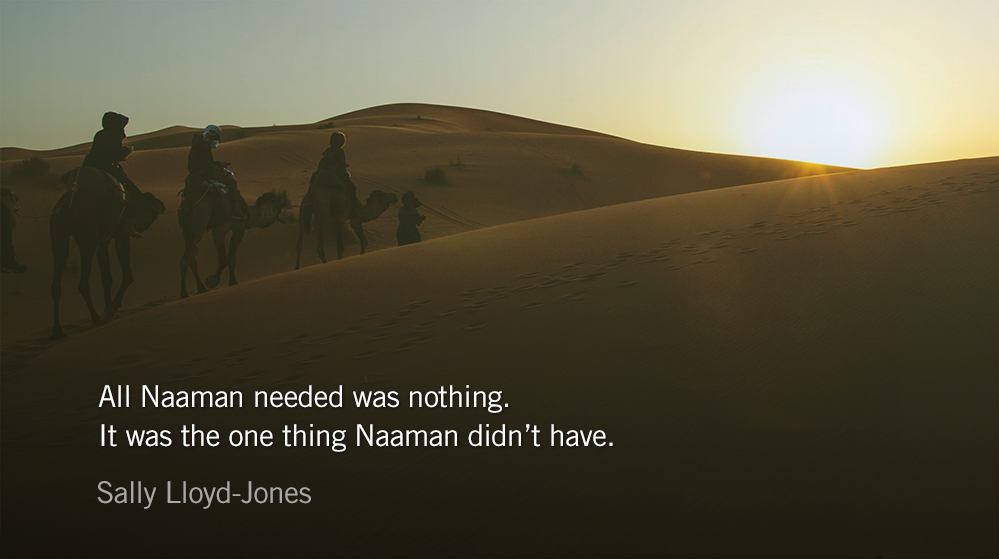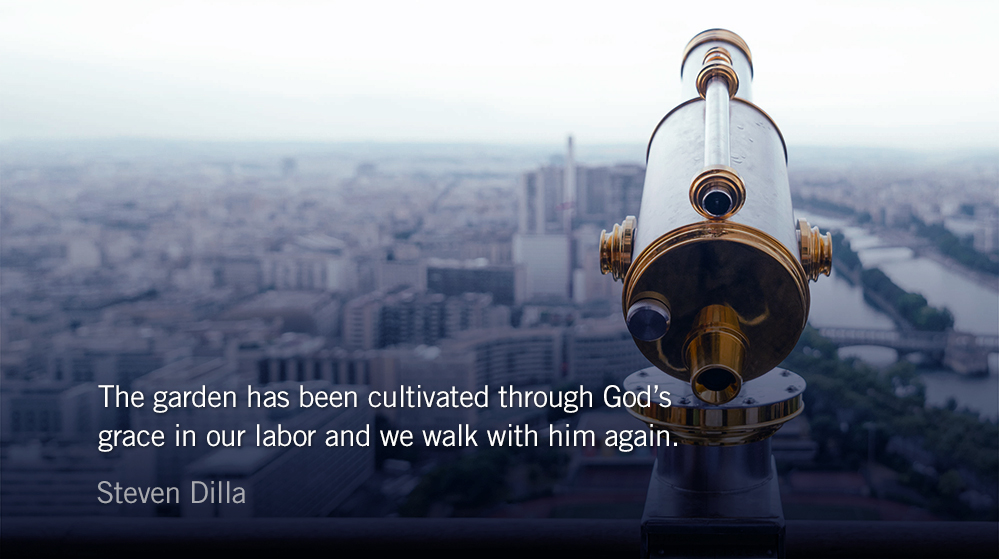For your steadfast love is great to the heavens, your faithfulness to the clouds. — Psalm 57.10
If we were to map different parts of Scripture to the spiritual growth process, the book of Proverbs would be elementary school. It is an easily digestible book that presents its readers simple statements that display how the world does—or in some cases, ought—work.
I once heard pastor Timothy Keller comment that Proverbs is written for those in pursuit of success and Ecclesiastes is written for those who have obtained success and found it devoid of sufficiency.
When we turn to the book of Psalms, however, we find that each individual Psalm can be mapped to a different stage of spiritual growth. Some Psalms resemble Proverbs in their elementary understanding of the world—“the earth is full of the steadfast love of the Lord!” David proclaims. This isn’t the ignorant exclamation of a simple ancient person; it’s the response of person who hasn’t yet matured in faith.
We still use these little pleasantries today: “God is good,” or “I’m just blessed.” These phrases can hold meaning, but often they are superfluous pleasantries used to dismiss the opportunity for genuine community.
The reason the Psalms, as a text, are so valuable to the Christian experience is that they map the entire spiritual process. They move from niceties about how the world ought work to the depths of the pit and into a robust, vibrant understanding of God that can sustain life’s complexities. Walter Brueggemann explores this in his book Praying the Psalms:
The collection of the Psalter is not for those whose life is one of uninterrupted continuity and equilibrium. Such people should stay safely in the book of Proverbs, which reflects on the continuities of life. But few of us live that kind of life.
It’s easy to forget that David penned the words at the top of this devotional as he hid in a cave from an enemy who sought his life. He wasn’t reciting pleasantries to avoid thinking about reality—instead he had grown into a deeper reality.
David, as he developed in faith, came to a point where his trust in God carried him beyond what was right in front of him—even if his present reality was consuming, threatening, and imminent. The Psalms tell the story of that journey. Brueggemann concludes:
It is clear that the Psalms, when we freely engage ourselves with them, are indeed subversive literature. They break things loose. They disrupt and question. They open up new possibilities. They create new relationships. Most of all, they give us new eyes to see and new tongues to speak.
Today’s Reading
Ezekiel 15 (Listen – 1:09)
Psalms 56-57 (Listen – 3:11)

